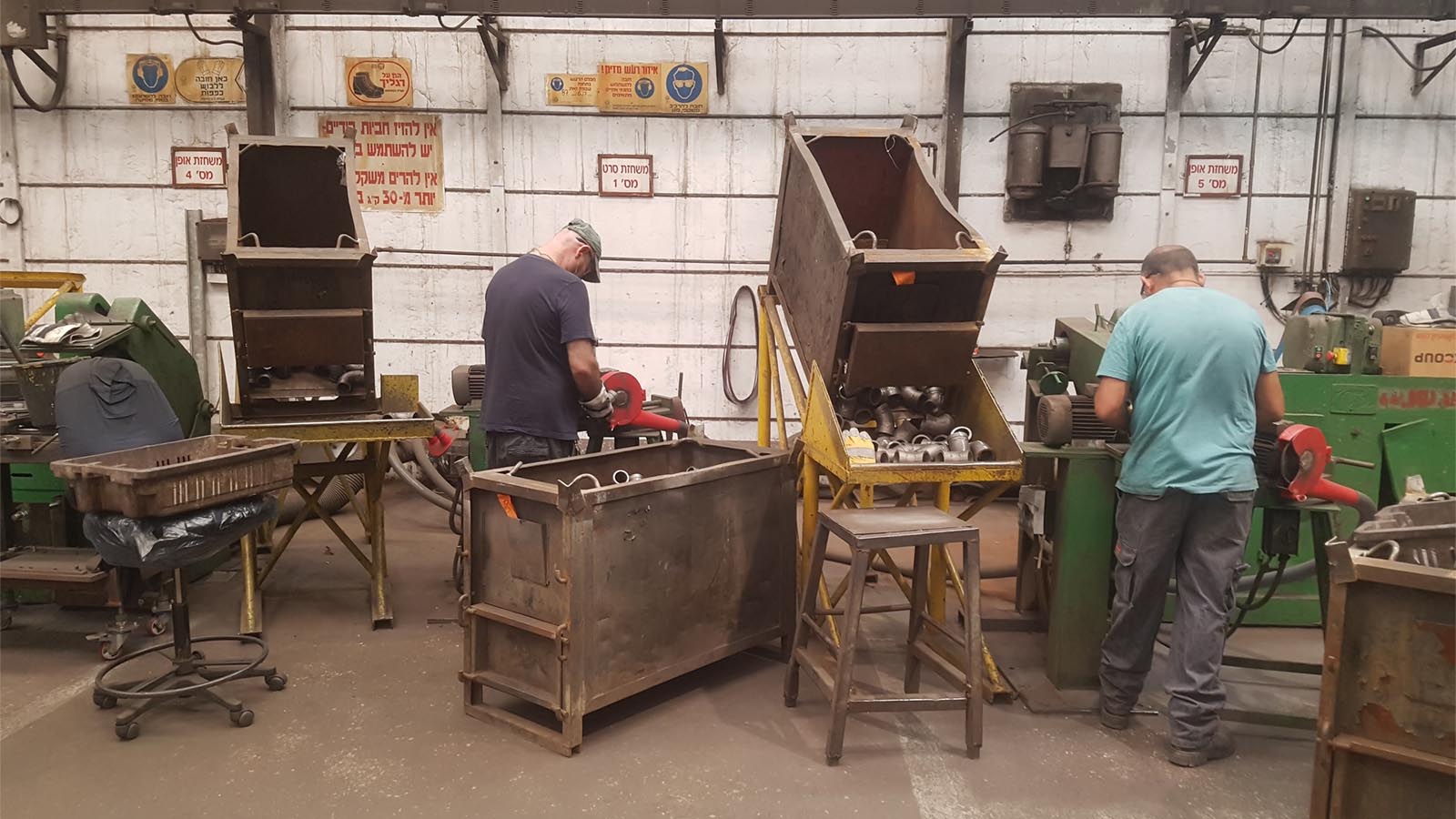
These days, even a small victory is a big deal for Israel's manufacturing industry. This month, courts in Israel ruled against the efforts made by the Ministry of Finance to avoid complying with the "Buy Israeli Act," after two companies sued the Ministry of Finance for turning down their offers. The two companies claimed that the ministry deliberately ignored the "Buy Israeli Act," in an attempt to save costs by buying cheap imported products.
The decision comes as a small victory for a much troubled manufacturing sector. Israeli factories have been suffering from falling revenues for decades, with the government refusing to take measures to protect them from cheaper global competition.

As in many countries, Israeli law requires government agencies to prefer Israeli-made products in all purchases. Signed into law in 1995, the "Buy Israeli Act" requires the government to give preference to Israeli manufactured products, if they are up to 15% more expensive than the equivalent imported products. Government contracts can be a huge source of income and the law was enacted just as the Israeli market was opening up to globalization, in an attempt to protect local manufacturers from low-cost competition by cheap labor countries like China and Turkey.
But even though the law strictly requires it, many Israeli manufacturers claim that the government often doesn't comply. The Manufacturers Association of Israel has repeatedly complained that government agencies find ways to avoid spending the extra money, under budgetary pressure coming from the Ministry of Finance. Shraga Brosh, chairman of the association, told Davar that "the Ministry of Finance has found loopholes in the law to reduce costs – at the expense of Israeli manufacturers."

Brosh claims that under pressure from the Ministry of Finance, government agencies try to avoid complying with the law. This is often achieved by outsourcing the contract to private companies. "Instead of buying Israeli products, they'll hire a private company to do the job for them. Obviously, the law doesn't apply to private companies, so they can then purchase cheaper, imported products to do the job," says Brosh. The association estimates an annual 40 billion NIS loss due to outsourcing.
This is only one of the woes afflicting Israel's manufacturing sector in recent years. The high value of the shekel has led to large losses in the manufacturing sector, which exports 42% of its products abroad. Many factories have shut down and moved to Turkey in recent years, where wages and other expenses are lower. Just this year, two large factories in the Negev shut down, leaving their almost 400 employees out of work. In the south of Israel, loss of jobs has severely hurt local communities.
The Manufacturers Association has recently started a public awareness campaign, pressing the government to adopt a more protectionist industrial policy. The Association has pointed to German and American industrial policies, both offering better protection to local industries than the Israeli government. The Israeli government has consistently refused to "interfere in the free market" in order to protect the manufacturing sector from cheap competition abroad.

But manufacturers aren't the only ones concerned. Worker groups and trade unions have expressed concern over the issue, backing the Manufacturers Association in their demands for more protection. Even today, a surprising number of Israeli workers are employed in the manufacturing sector. A little over a tenth of the Israeli workforce is employed directly in the manufacturing industry and many more are employed by companies that supply services to factories.
Trade unions and manufacturers have cooperated in the past in an effort to save job-creating industrial companies. These groups have pledged to work together to pressure the government into action.






